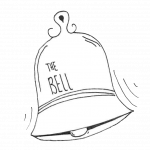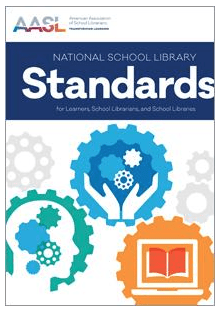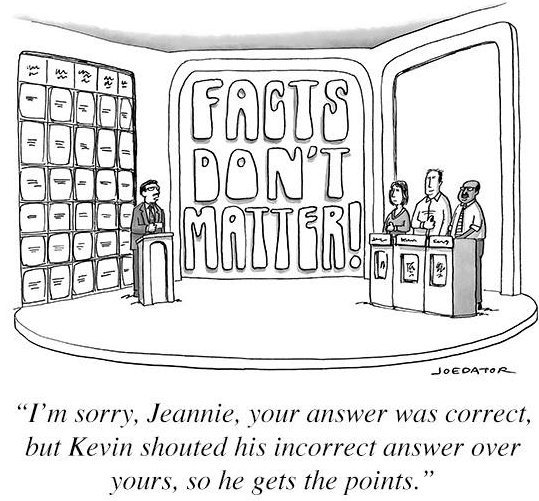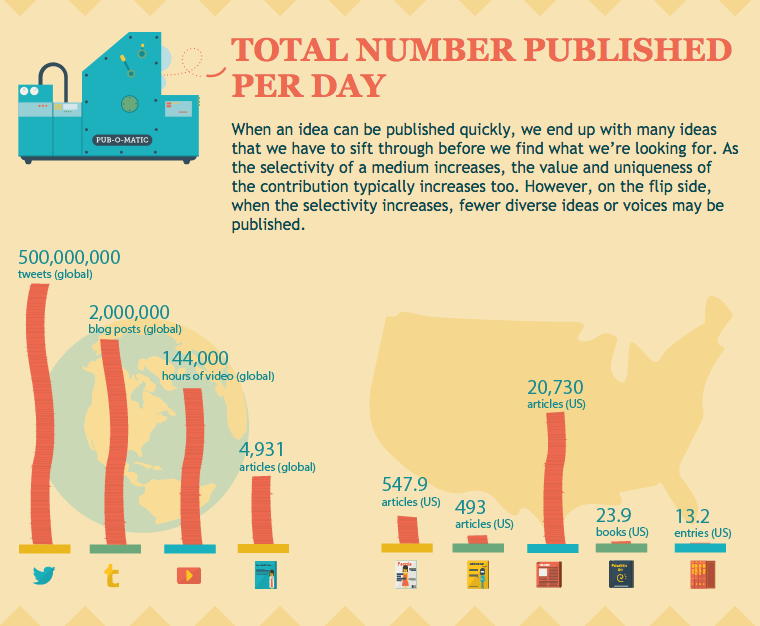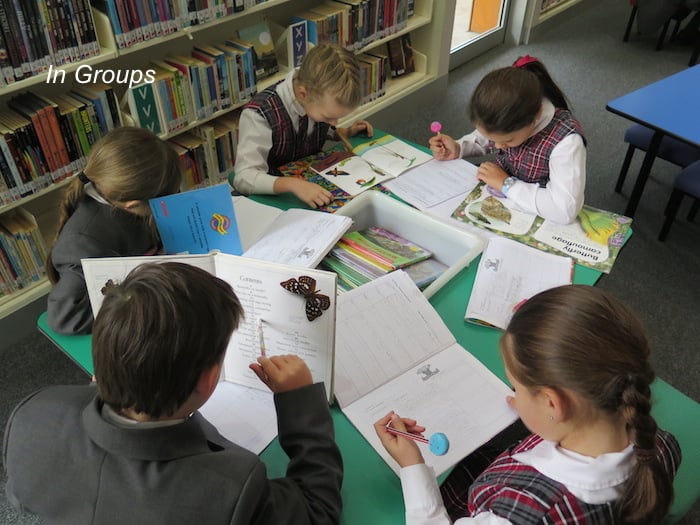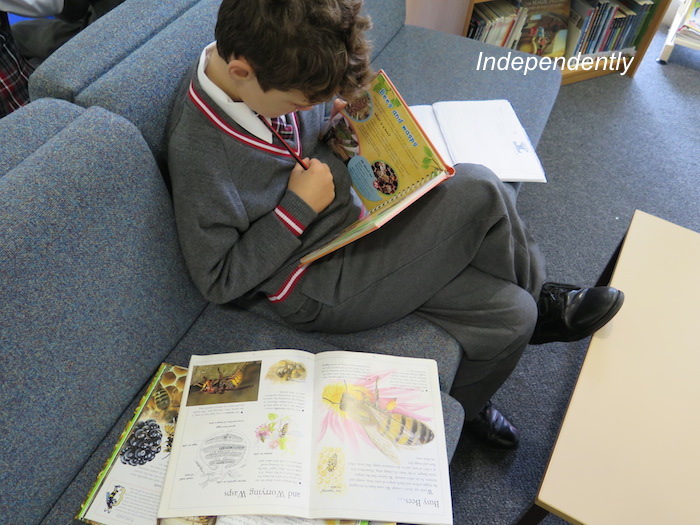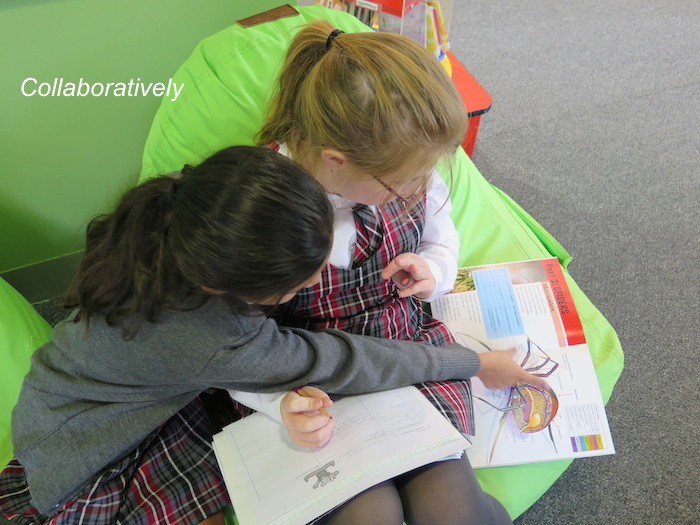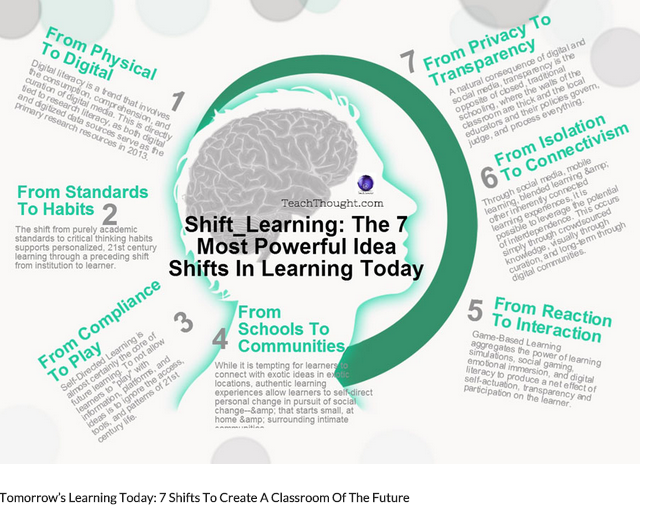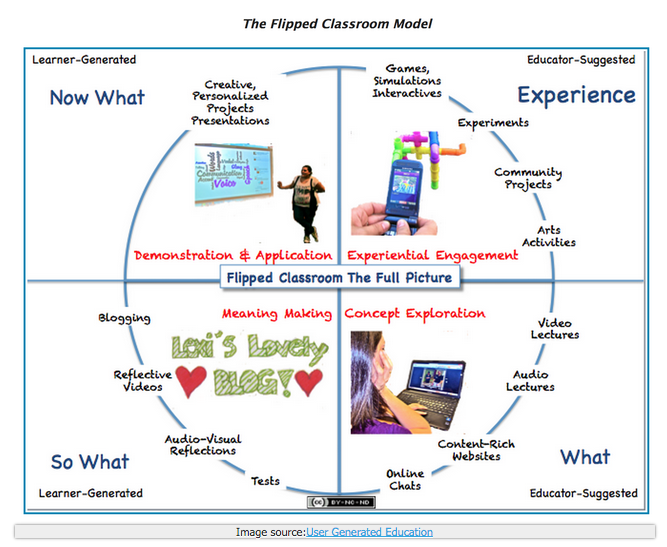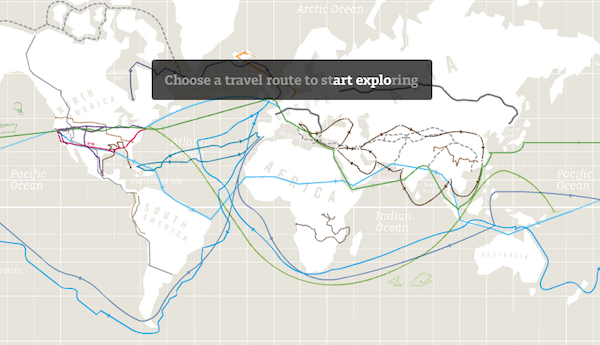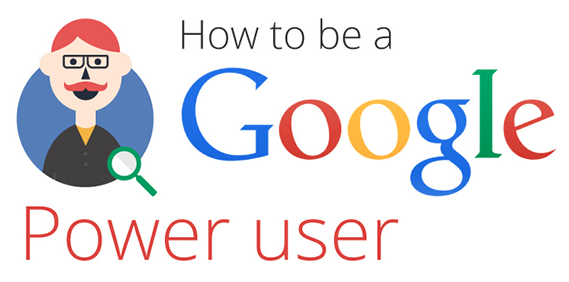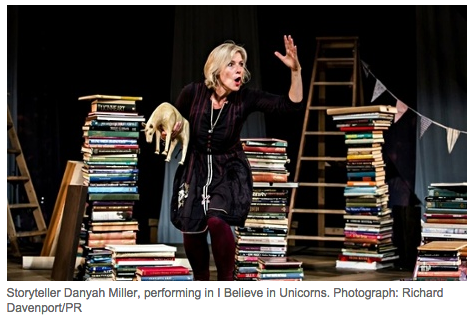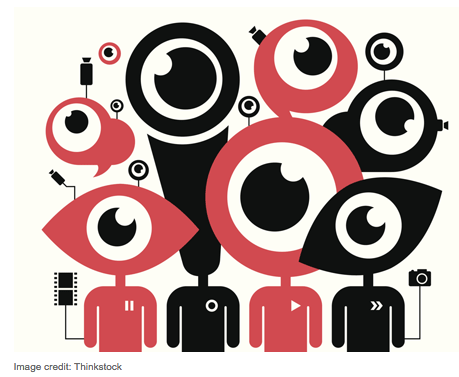A A Juliani published a paper yesterday entitled ‘21st Century Skills Have Always Been “Needed” Skills, But Now We Need Them More Than Ever’. He points out that these vital skills are not the focus of standardised testing yet so many educational decisions lie on the results of these tests. He points out that : “If schools are meant to prepare students for the real world. Then why doesn’t school look more like the real world?”
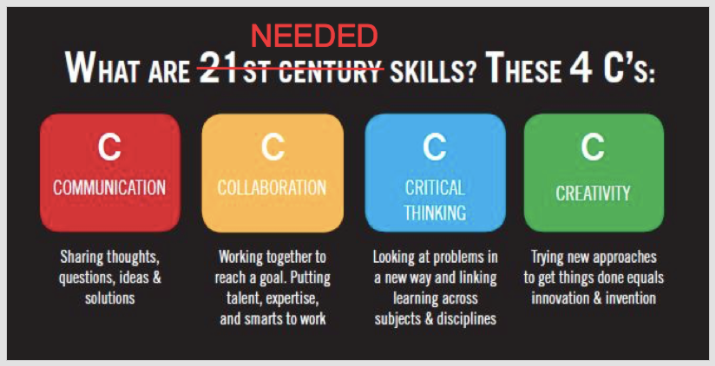
These are the skills we focus on at Broughton when many of our classes, both Primary and Secondary, take part in units of work using Guided Inquiry.
However, A A Juliani goes on to discuss the work of Seth Godin
“Let’s Stop Calling Them Soft Skills“, in which he describes five categories of skills that we all look for in colleagues, employees, and students–yet, don’t seem to value over other content and standardized skills.
The five skills Seth describes (from http://ajjuliani.com/are-we-waiting-too-long-to-give-students-a-choice-in-their-learning/) are:
Self Control — Once you’ve decided that something is important, are you able to persist in doing it, without letting distractions or bad habits get in the way? Doing things for the long run that you might not feel like doing in the short run.
Productivity — Are you skilled with your instrument? Are you able to use your insights and your commitment to actually move things forward? Getting non-vocational tasks done.
Wisdom — Have you learned things that are difficult to glean from a textbook or a manual? Experience is how we become adults.
Perception — Do you have the experience and the practice to see the world clearly? Seeing things before others have to point them out.
Influence — Have you developed the skills needed to persuade others to take action? Charisma is just one form of this skill.
There is plenty of food for thought here as we plan another year of activities and learning experiences for the children in our care. The content is not all we must teach!
